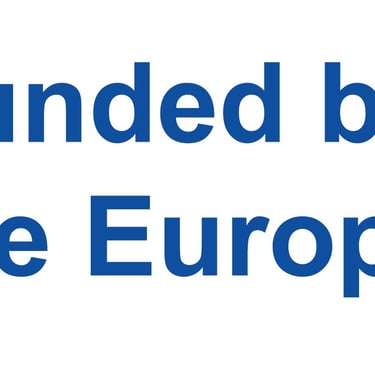
DiGreen: Teaching Assignment
AI and Sustainability in Practice – Teaching Assignment in Spain
From Digital Gaps to Green Impact
Spain hosts the Teaching Assignment Mobility within the Erasmus+ project From Digital Gaps to Green Impact: Transforming Adult Education for a Sustainable Future. This mobility offers adult education trainers the opportunity to teach, co-create, and experiment with innovative approaches that blend Artificial Intelligence (AI) and green education in real classroom settings.
Hosted by a Spanish partner institution specialised in lifelong learning and digital pedagogy, the programme focuses on how AI-supported tools can enhance environmental education, making learning more interactive, inclusive, and evidence-based. Participants will conduct short teaching sessions, observe local educators, and collaborate on lesson designs that connect digital literacy, green thinking, and community impact.
Workshops will demonstrate how tools such as AI-assisted learning platforms, eco-data apps, and creative digital storytelling can be applied in adult education to promote sustainable behaviours and awareness of the European Green Deal and UN Sustainable Development Goals (SDGs). The exchange will help educators gain confidence in integrating AI responsibly, while keeping human values and ecological responsibility at the core of their teaching.
Implementation note
The Teaching Assignment mobility in Spain will be carried out with 6 selected participants, who will work side by side with Spanish educators to co-design and deliver green and AI-enhanced lessons.
👉 Interested in joining?
Apply now to be part of the Erasmus+ journey that turns technology into sustainability-driven learning.
In Spain, innovation meets responsibility — where teaching with AI becomes teaching for a greener world.
Funded by the European Union. Views and opinions expressed are however those of the author(s) only and do not necessarily reflect those of the European Union or the European Education and Culture Executive Agency (EACEA). Neither the European Union nor EACEA can be held responsible for them.




